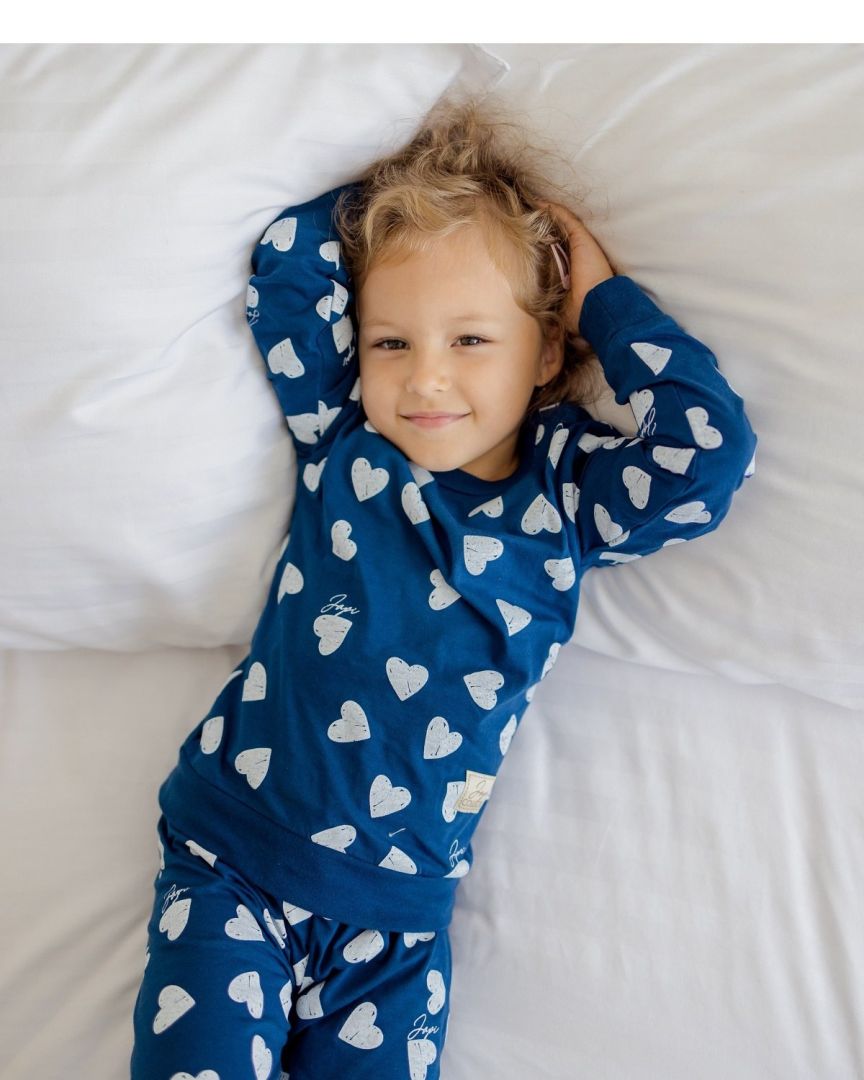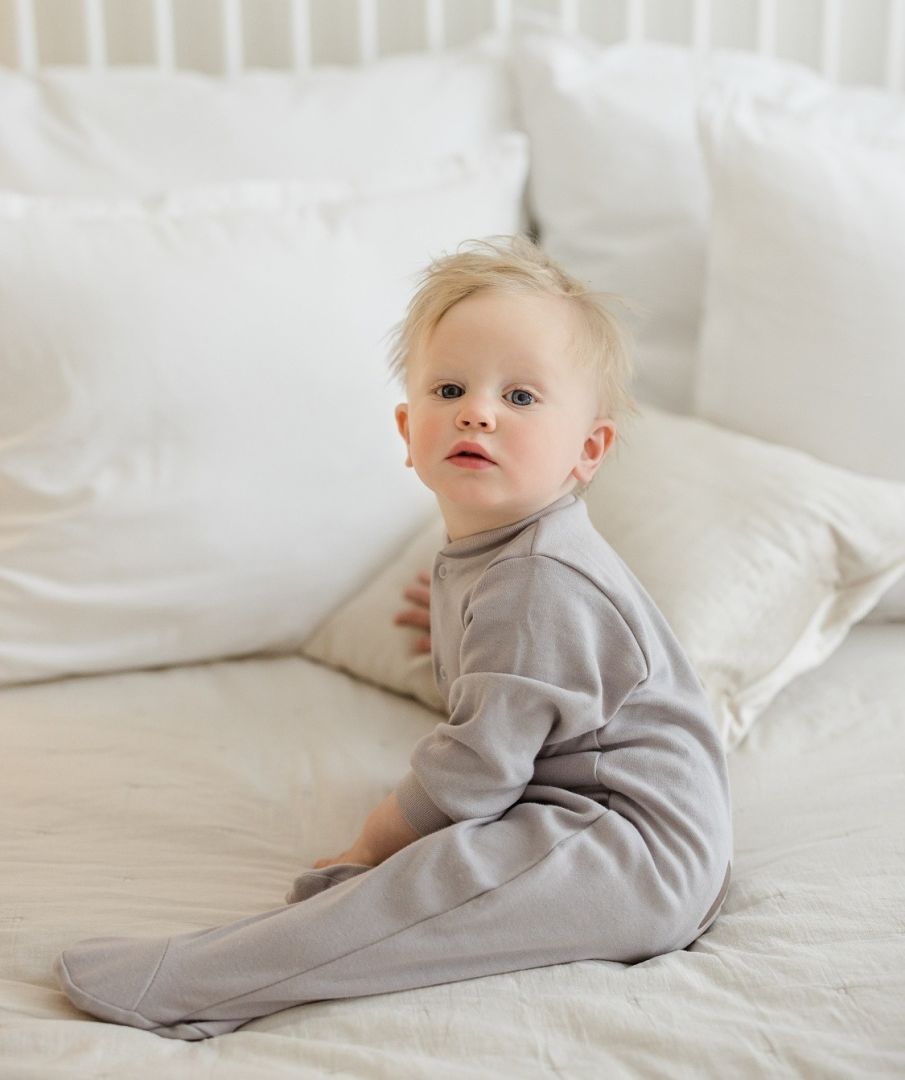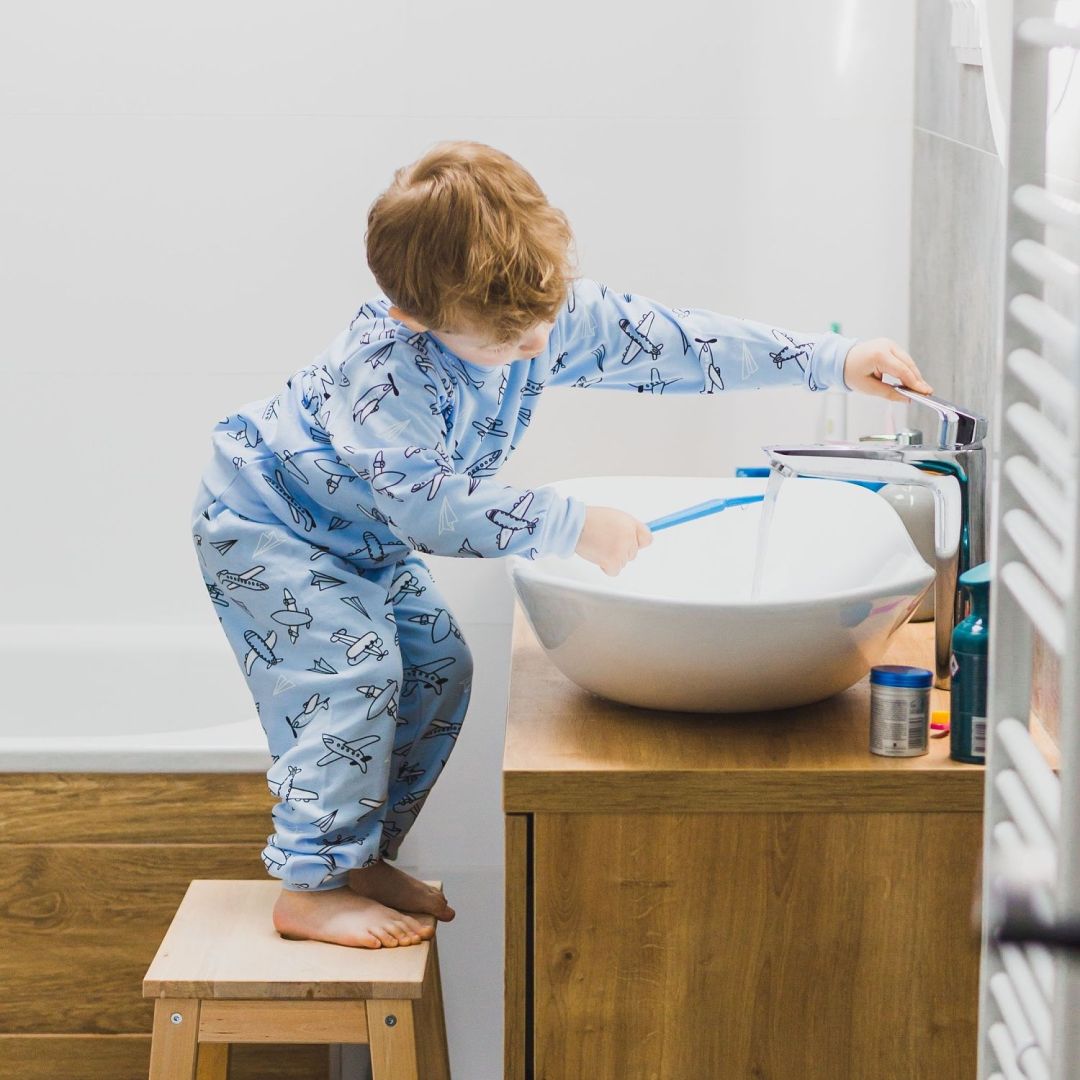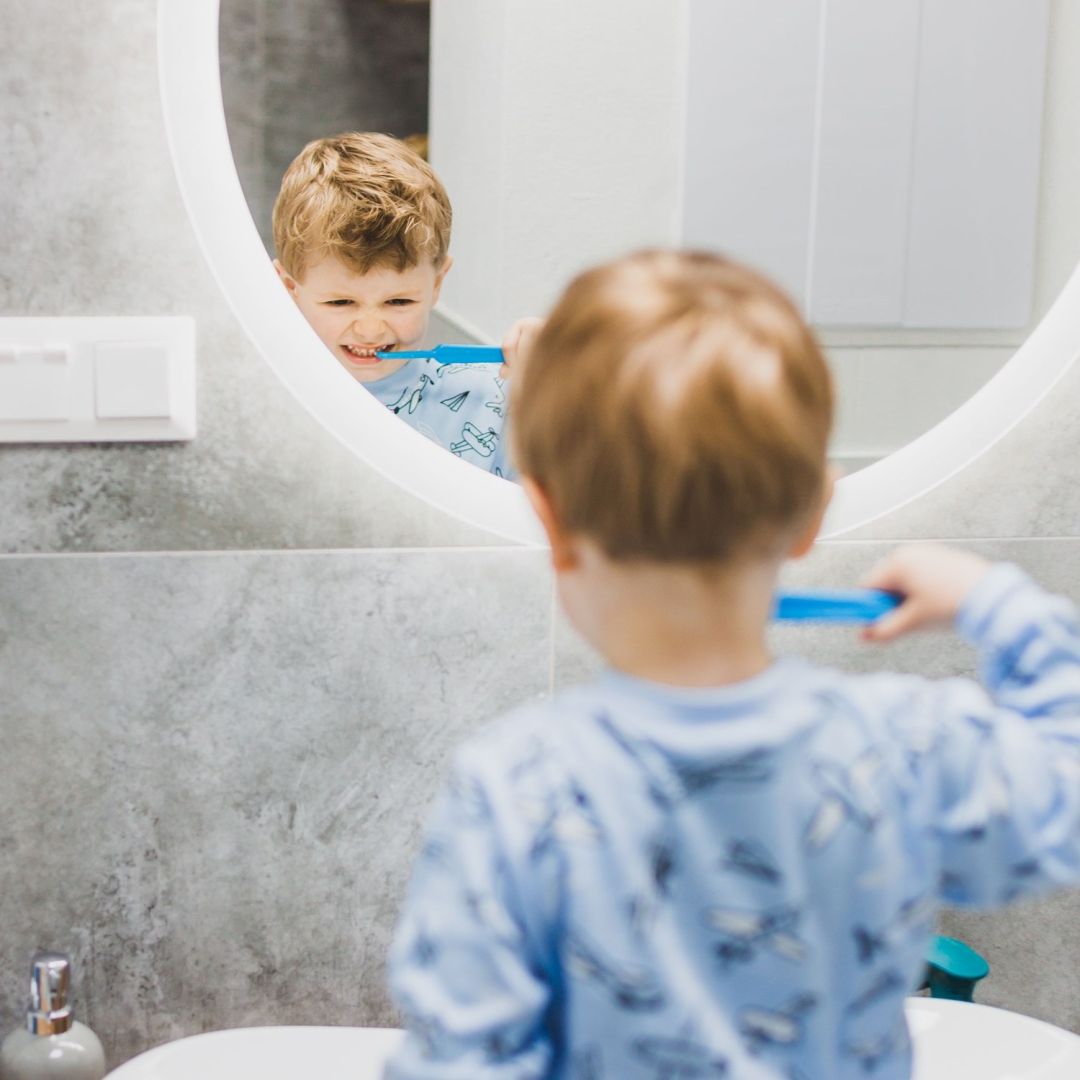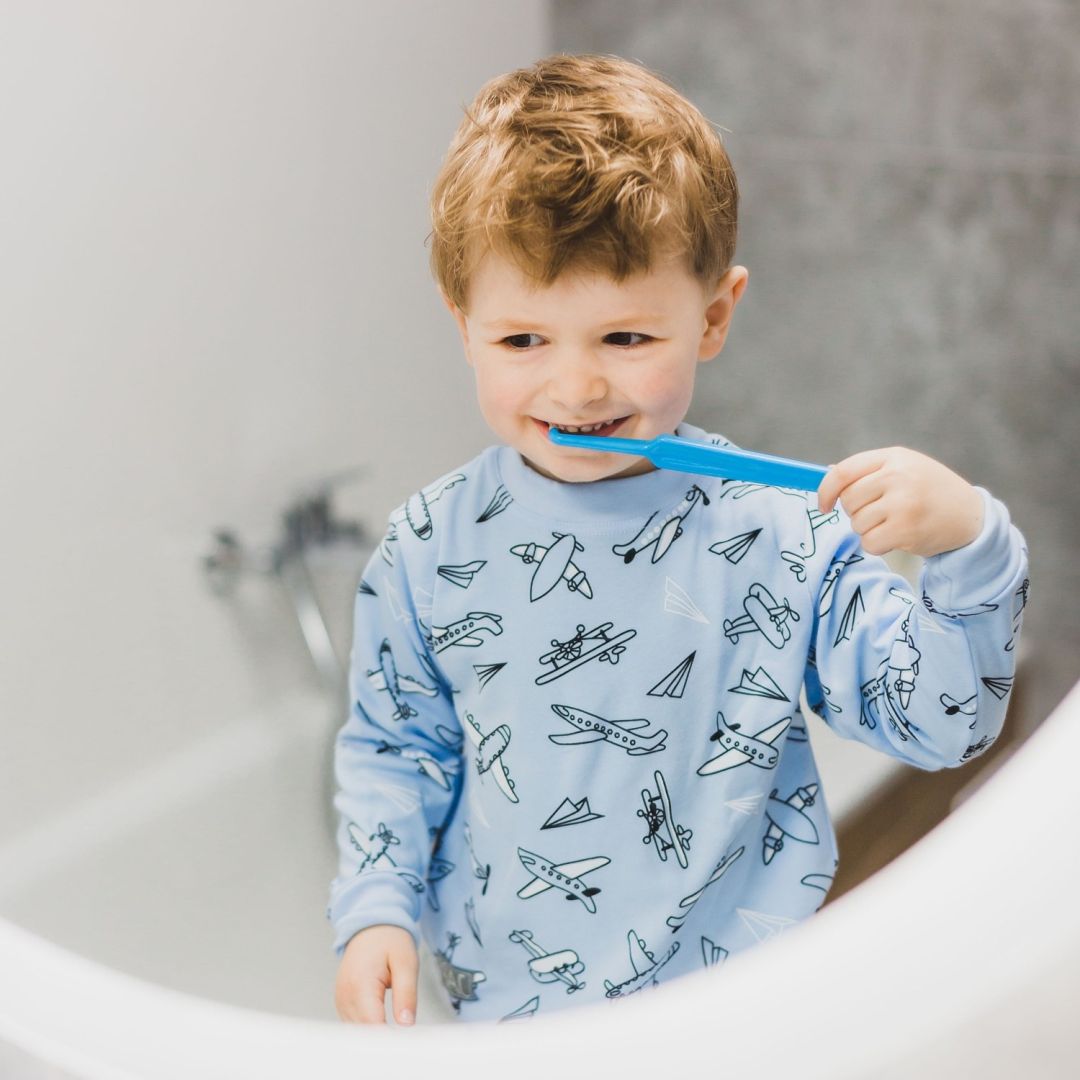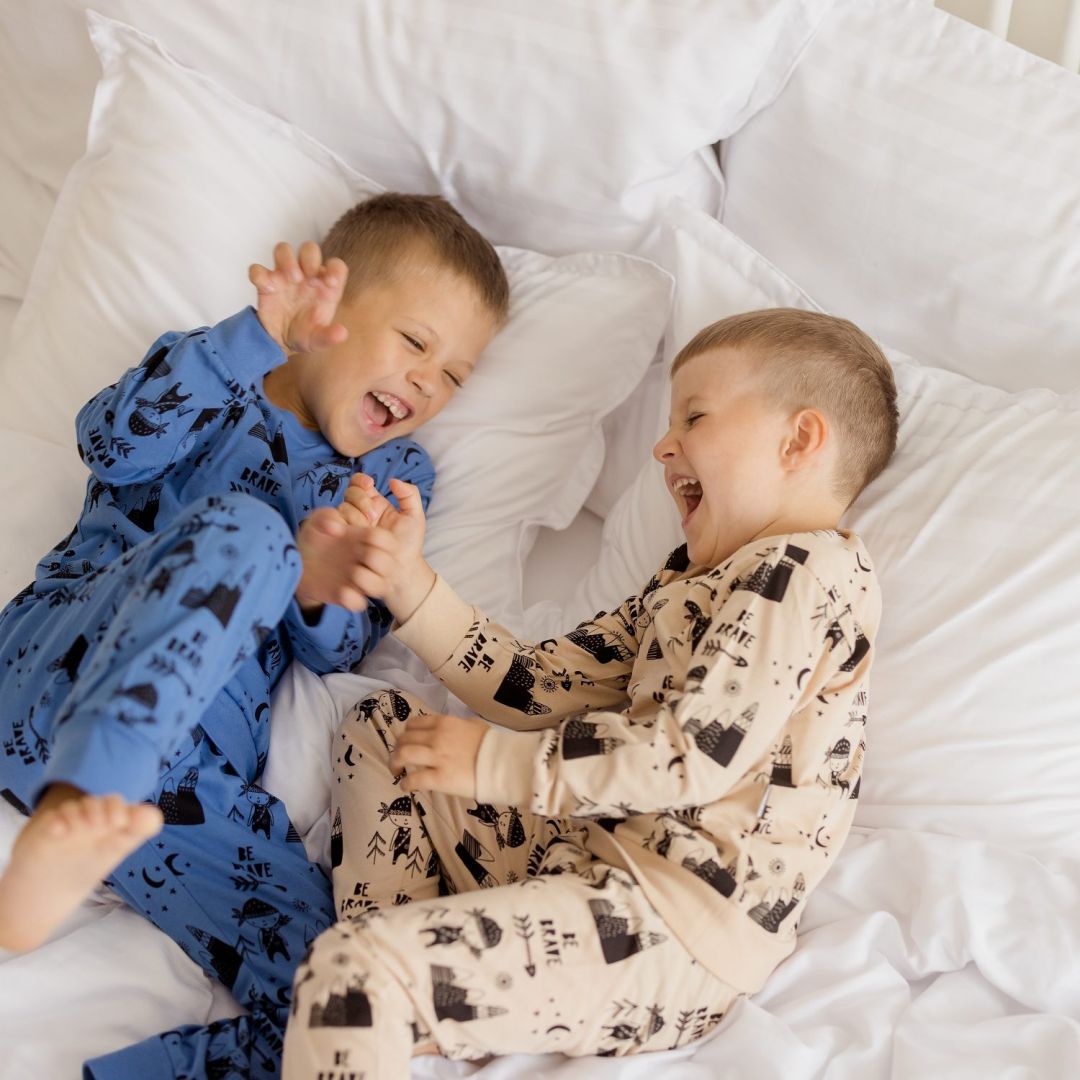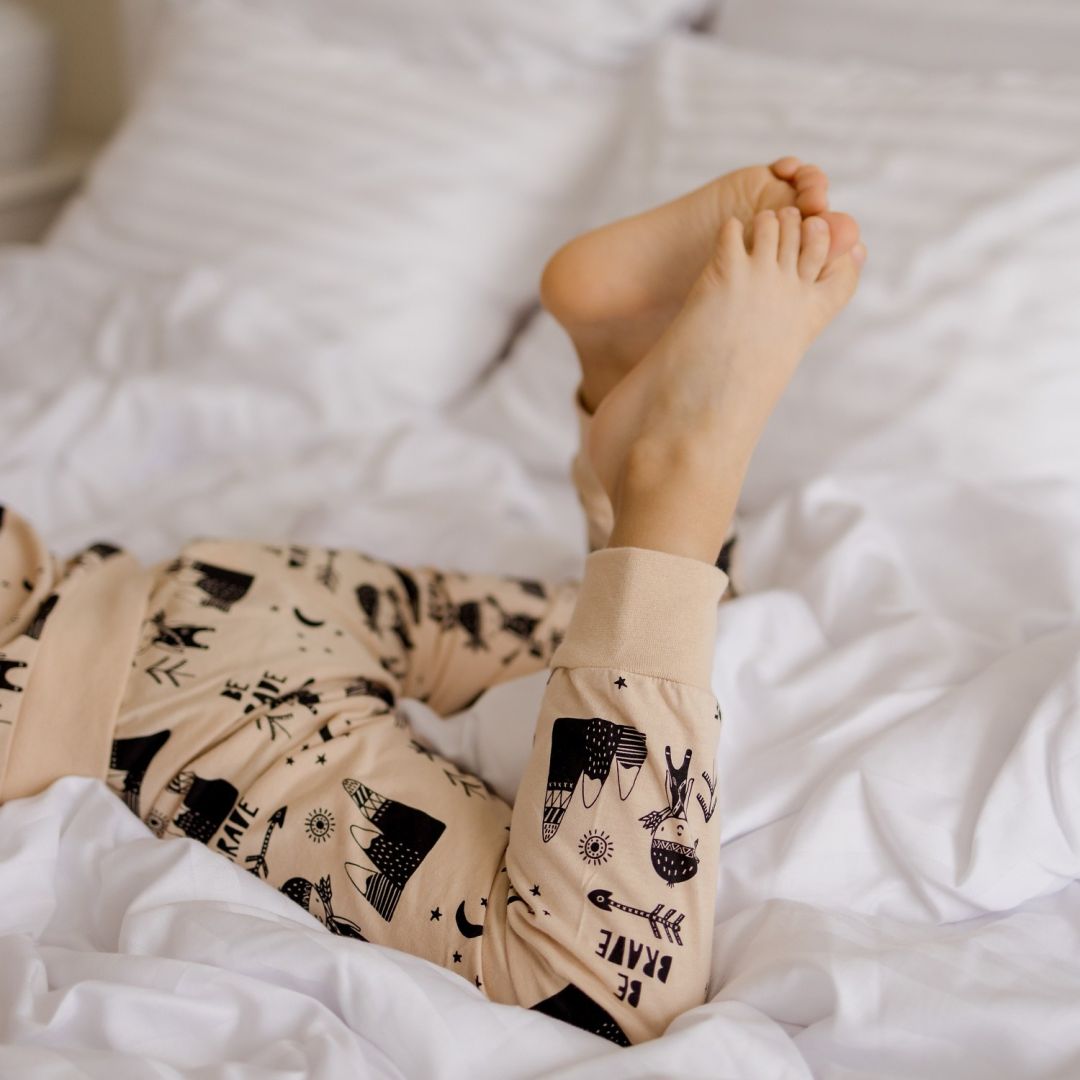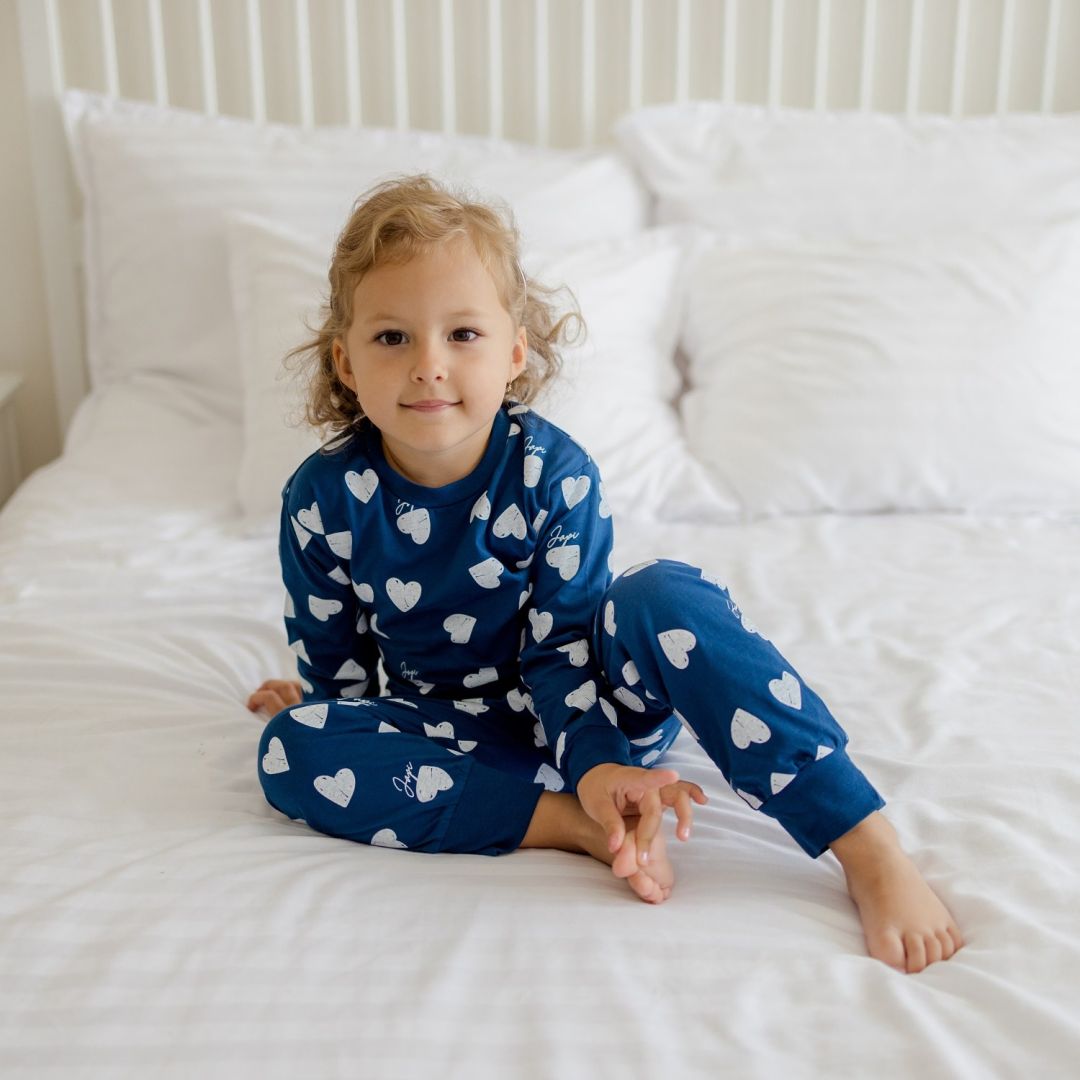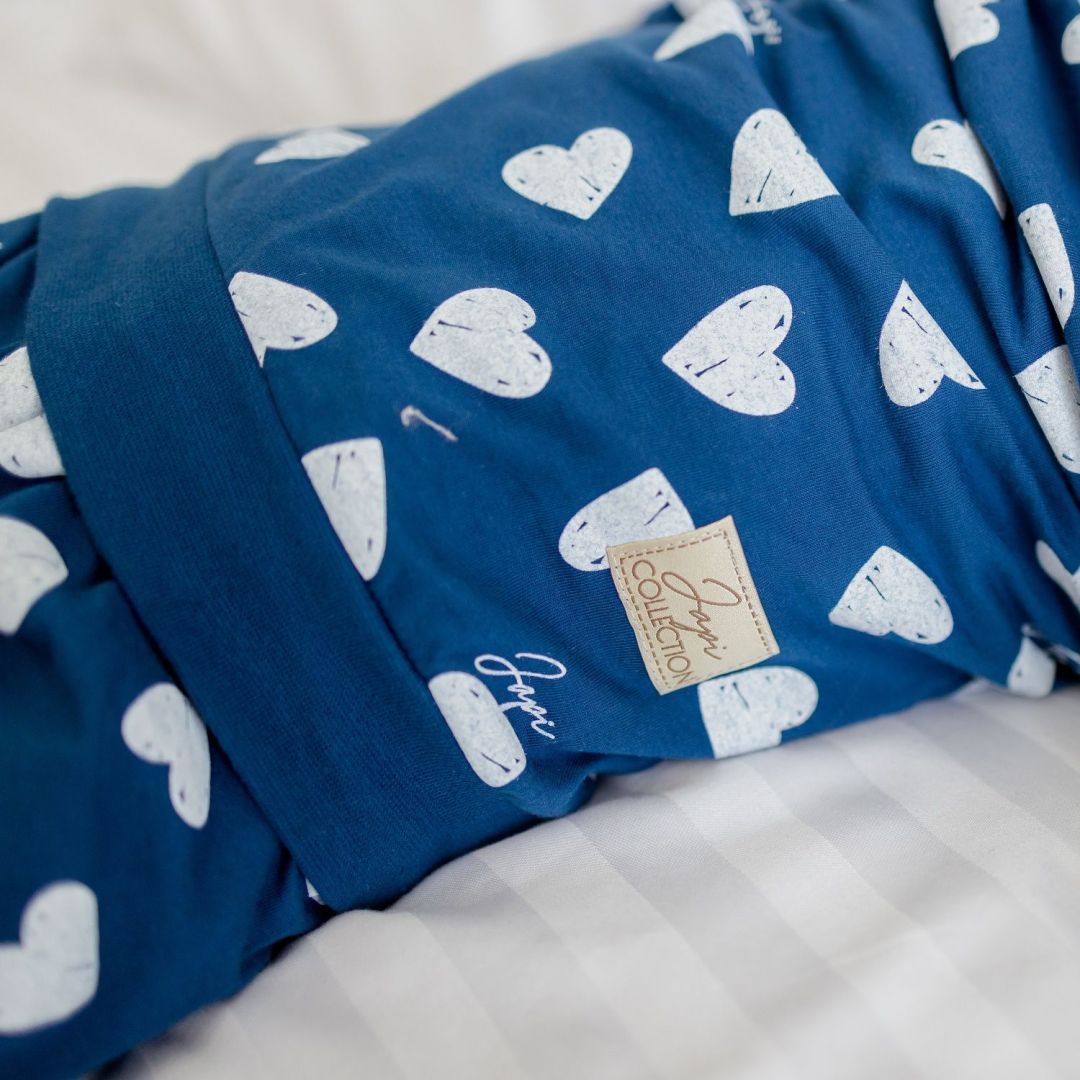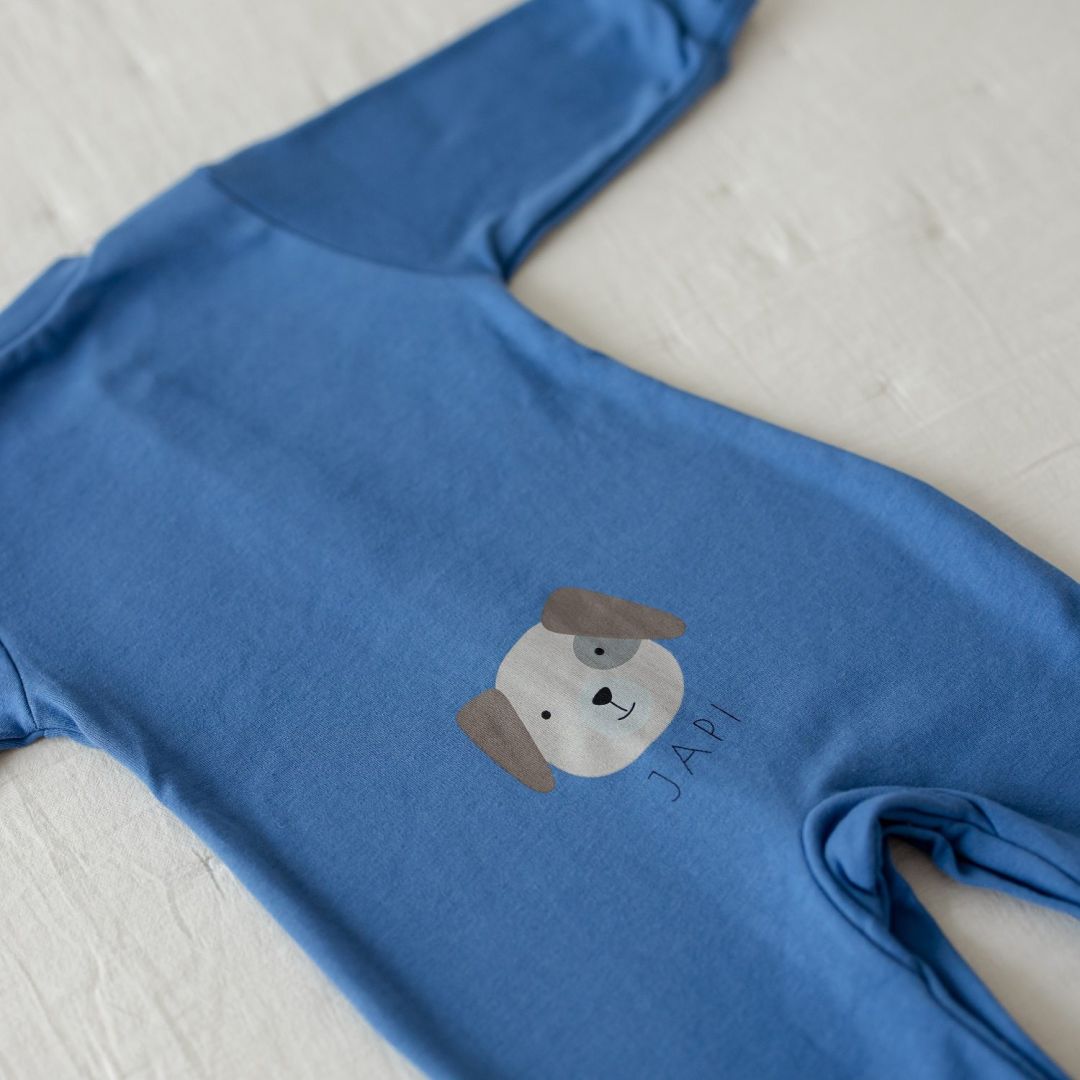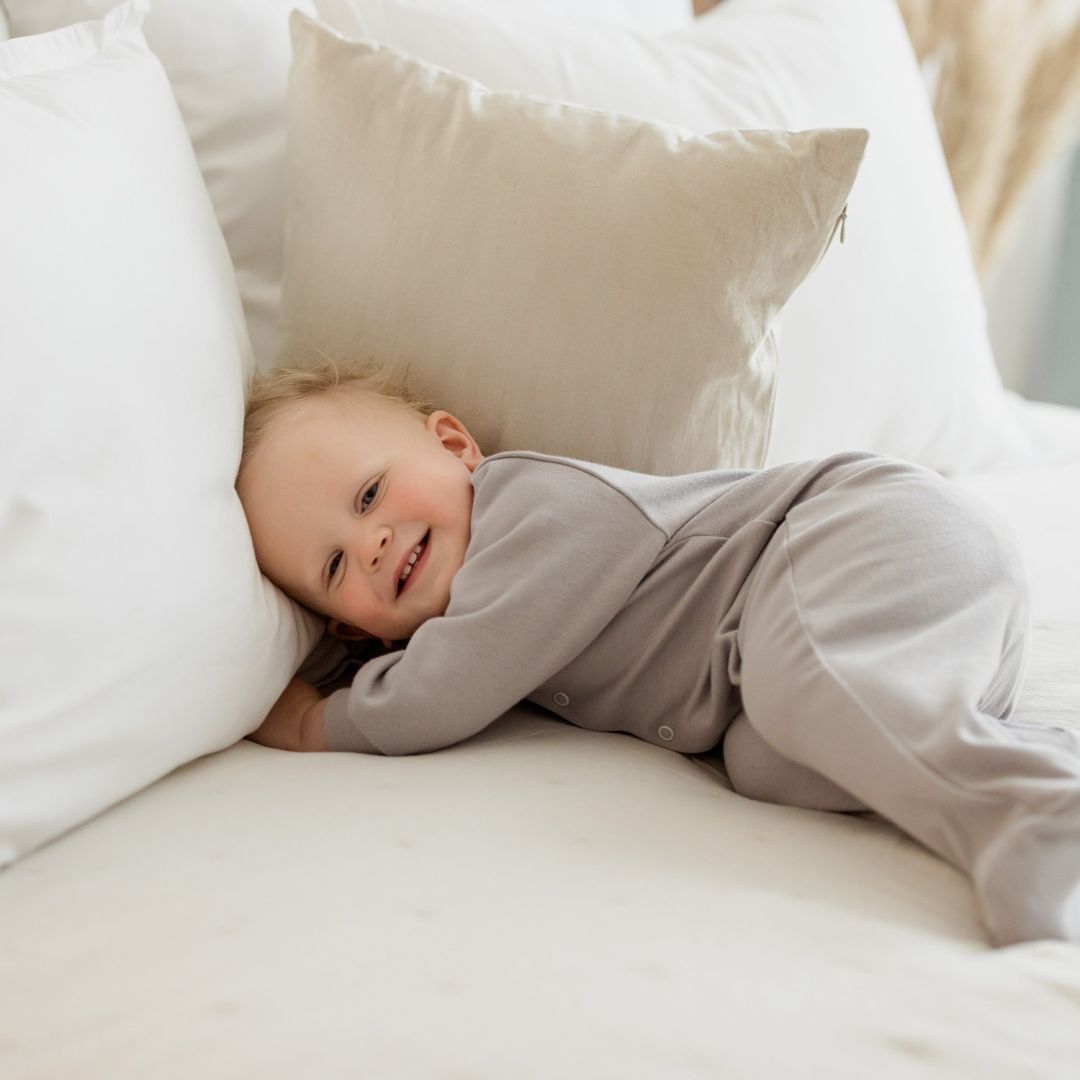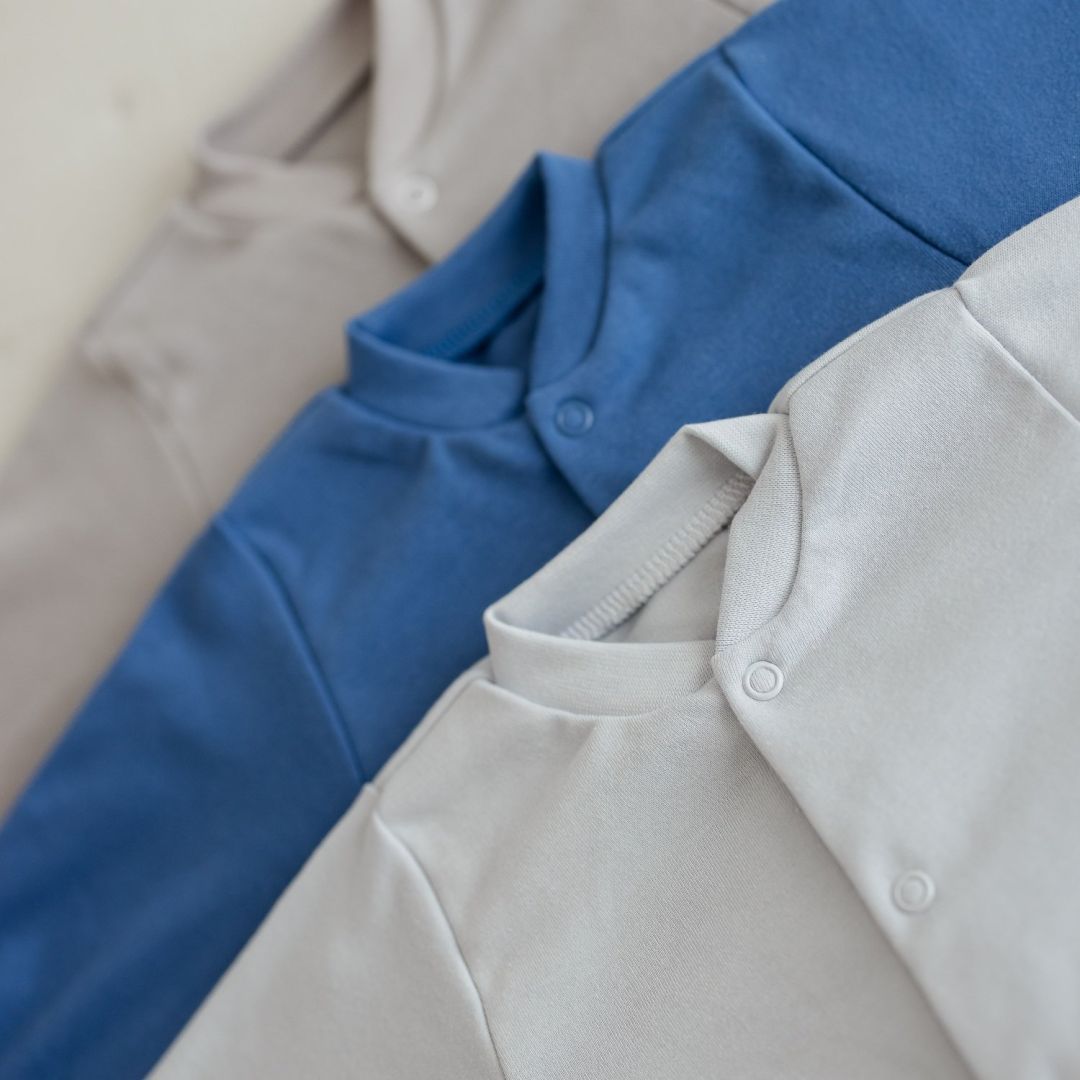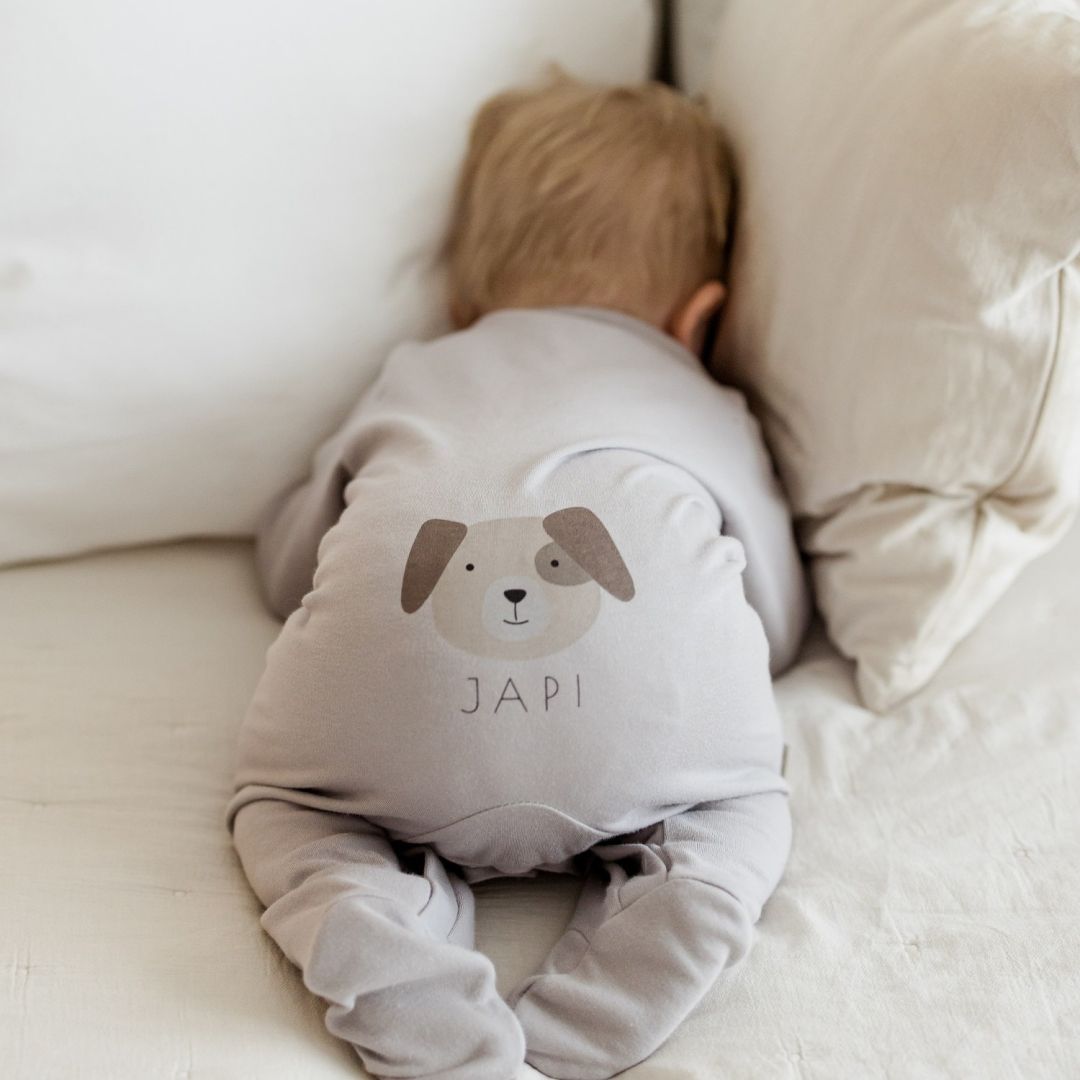Better sleep for babies and children
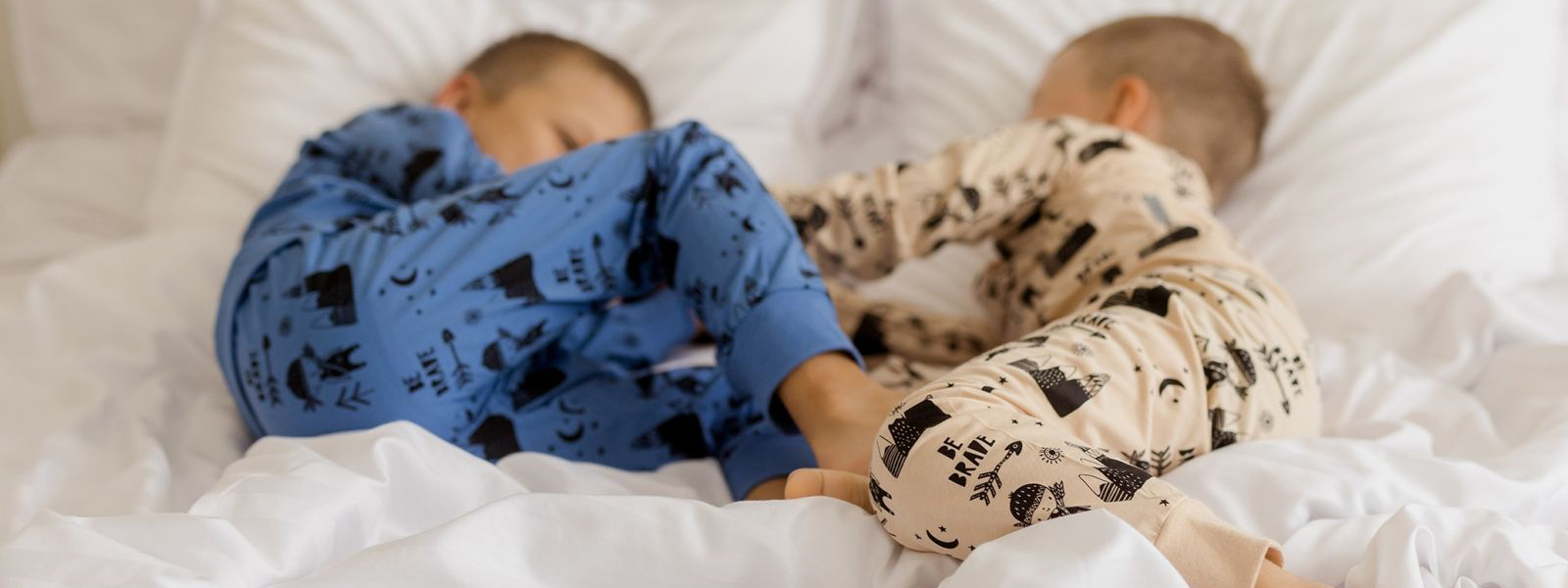
Each child is individual and therefore the need for sleep is different for each one of them. The length and frequency of sleep also changes with age. While a newborn needs approximately 16-20 hours of sleep a day, a three-year-old child only needs around 10-16 hours a day.

Why is sleep important?
A child's comfortable sleep is very important for several reasons:- Healthy sleep affects a child's physical and mental development.
- During sleep the growth and regeneration occur.
Insufficient sleep on the contrary:
- It causes behavioral disorders, lack of concentration, irritability and impulsiveness.
- The body does not function optimally.
- Immunity is impaired, performance (physical, mental and cognitive) decreases.
- Lack of sleep increases the level of the stress hormone - cortisol.

Sleep cycle
It is not entirely important how long the child sleeps, but how well he sleeps and whether the sleep cycle was successfully completed.Sleep has several phases. After the falling asleep phase comes the non-REM phase, which has 4 stages.
From the shallowest sleep to the deepest. Deep sleep in the third and fourth stages of the non-REM phase is very important. Somatic functions are regenerated during it.
During this stage of sleep, the body reduces metabolism, heart rate and breathing.
If during sleep the entire sleep cycle does not come to a complete end, or if we are disturbed in the deepest stages of the cycle, we feel tired in the morning.
During the night, non-REM and REM sleep stages take turn. For an adult, it is up to four times. Dreaming occurs during REM sleep. This is when the regeneration of brain functions, the sorting of thoughts occurs. Through this process, weak memory associations are transformed into strong memories.

How to help children to sleep better
A number of factors affect a child's sleep. We can influence many of them. We can turn them into positive habits that will prepare children for better sleep.
1. Environment
The healthy sleep of children depends on the environment in which they sleep. That's why we can help them sleep better with some simple steps:- air out the children's room well before going to bed
- the temperature in the room sould be around 18°C - 20°C
- optimal air humidity 45 - 55%
- minimize noise
- minimize light stimuli
- the location of the bed (avoid placing it next to a radiator, in a draft, under a window)
- quality mattress, bed sheets, pillow and blanket
- comfortable children's pajamas

2. Regime
It's not always easy to set bedtime rules. If we make them a habit that children get used to, they will take this regimen naturally.- Differentiate days and nights - during the day we are active, even daytime sleep of small children should not be in complete darkness and complete silence. The child should perceive the bustle of everyday life. This is how we teach children the difference between day and night.
- Bath - in many families it is a habitude to bathe or shower children before going to bed. After the bath comes a rest mode in pajamas on the bed. The children are getting ready for bed.
- Hygiene - brushing teeth, using the toilet, washing hands. For girls, it's fixing their hair for sleep and changing into pajamas.
- Food and drinks - babies can be also satisfied by drinking milk or breastfeeding. However, older children should no longer eat or drink right before bedtime.
- Reduced activity - reduce physical and mental activity before going to bed. This means that we should limit active movement or computer games to a minimum. Children should reach for a book, we can talk to them calmly. Read a fairy tale to younger children.
- Regular time - children create a routine. Perform all actions before sleep at approximately the same time.

Important information
Several studies have shown that children who spend more than 4 hours a day looking at phones, tablets and computer screens take an hour longer to fall asleep on average. It also has a negative effect on the child's sleep.
More than two hours of operation with a mobile phone and computer disrupts children's healthy sleep.

Pajamas and quality sleep
Children's pajamas also have an effect on children's comfortable sleep. While sleeping, the baby and the child should feel as comfortable as possible. Pajamas should not scratch and hinder movement. It should be loose enough, but not falling.Children's pajamas should be made of natural materials. They can regulate body temperature and remove sweat. Children's pajamas are made of cotton, bamboo, linen and flannel.
In the summer, we prefer children's pajamas that have short sleeves. In case of hot days, it can also be a short lower part. For girls, it can be a nightgown made of soft airy cotton.
We should choose pajamas in such a way that the children also like them and that they enjoy changing into them.
Certified materials
Mothers use children's overalls as pajamas for babies. Children's overalls are mostly made of cotton and the child is fully clothed in them. Fastening along the entire length allows comfortable dressing and changing. So we don't stress the baby unnecessarily.Reach for overalls that are made of certified materials. They do not contain substances harmful to health.
Our JAPITEX children's pajamas are made of certified materials. The OEKO-TEX Standard 100 class 1 certification is the strictest for children's clothing. Therefore, products with this certificate are suitable for children from birth.

